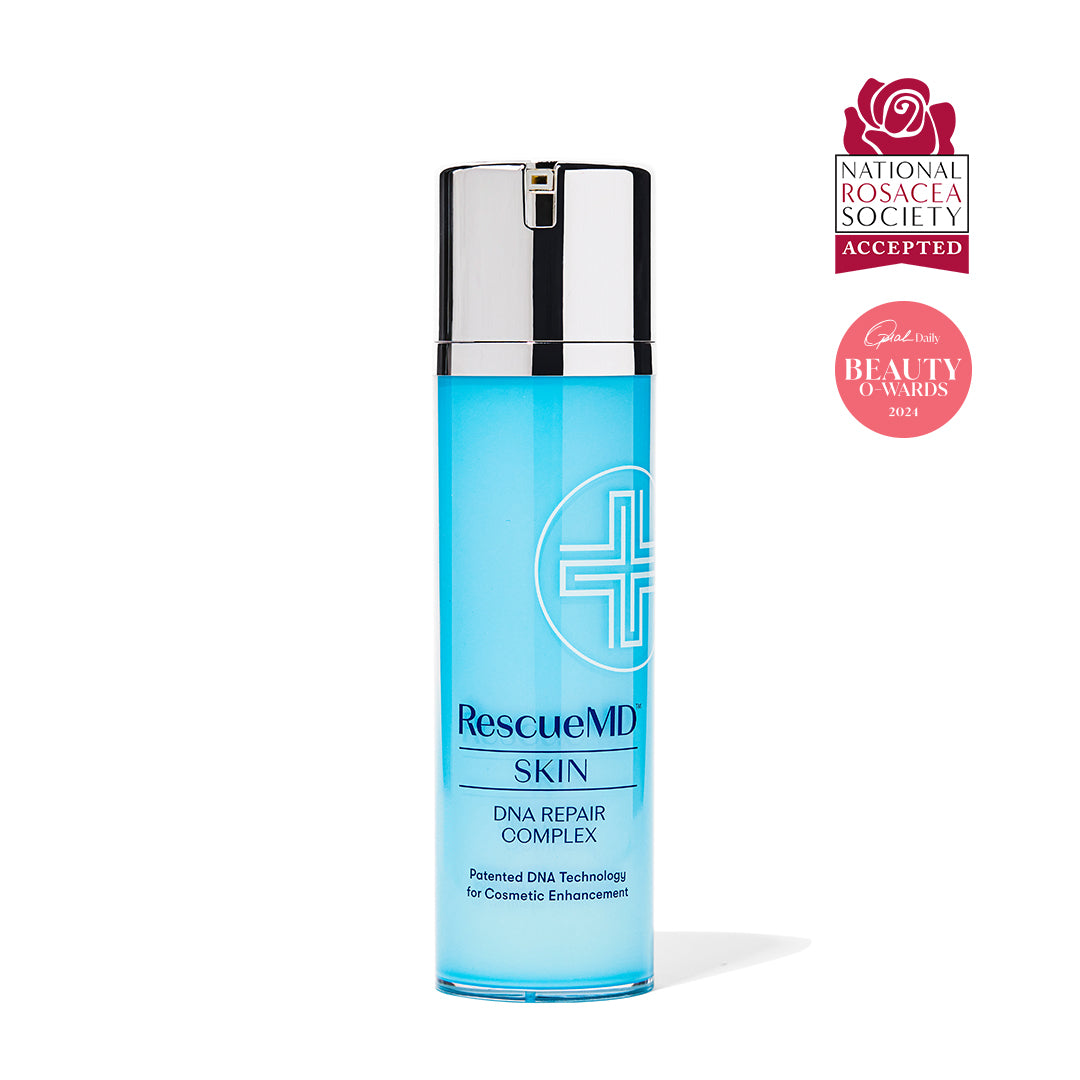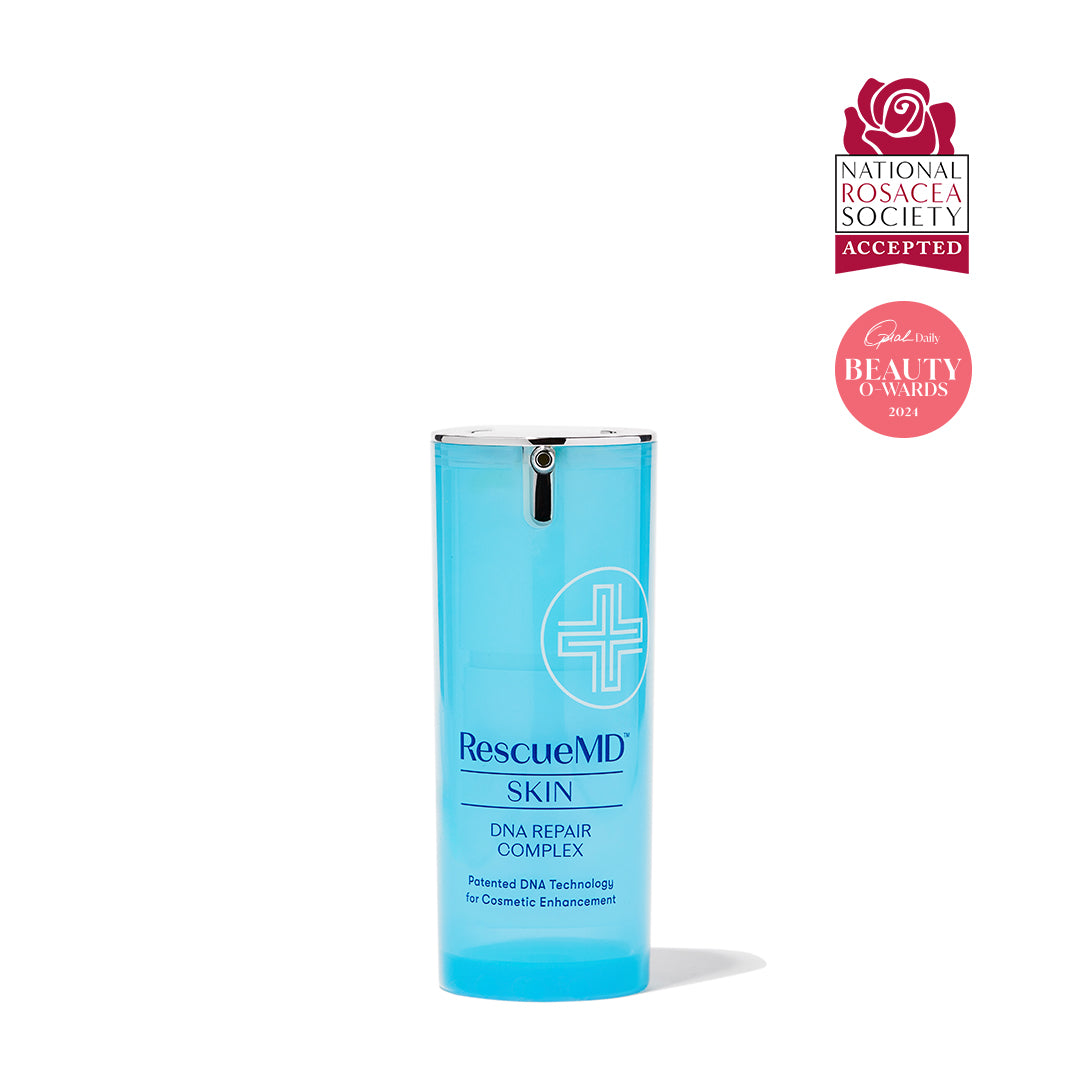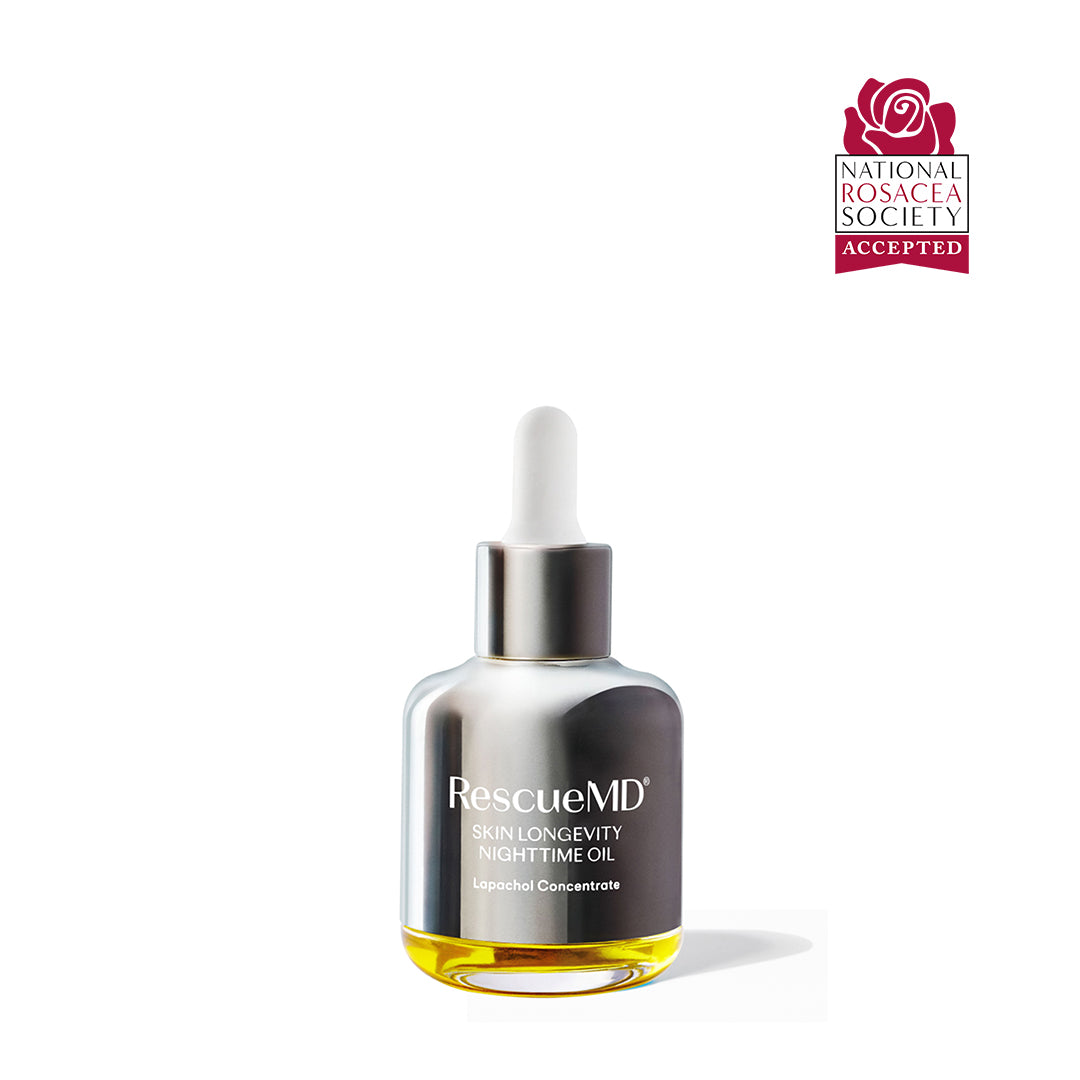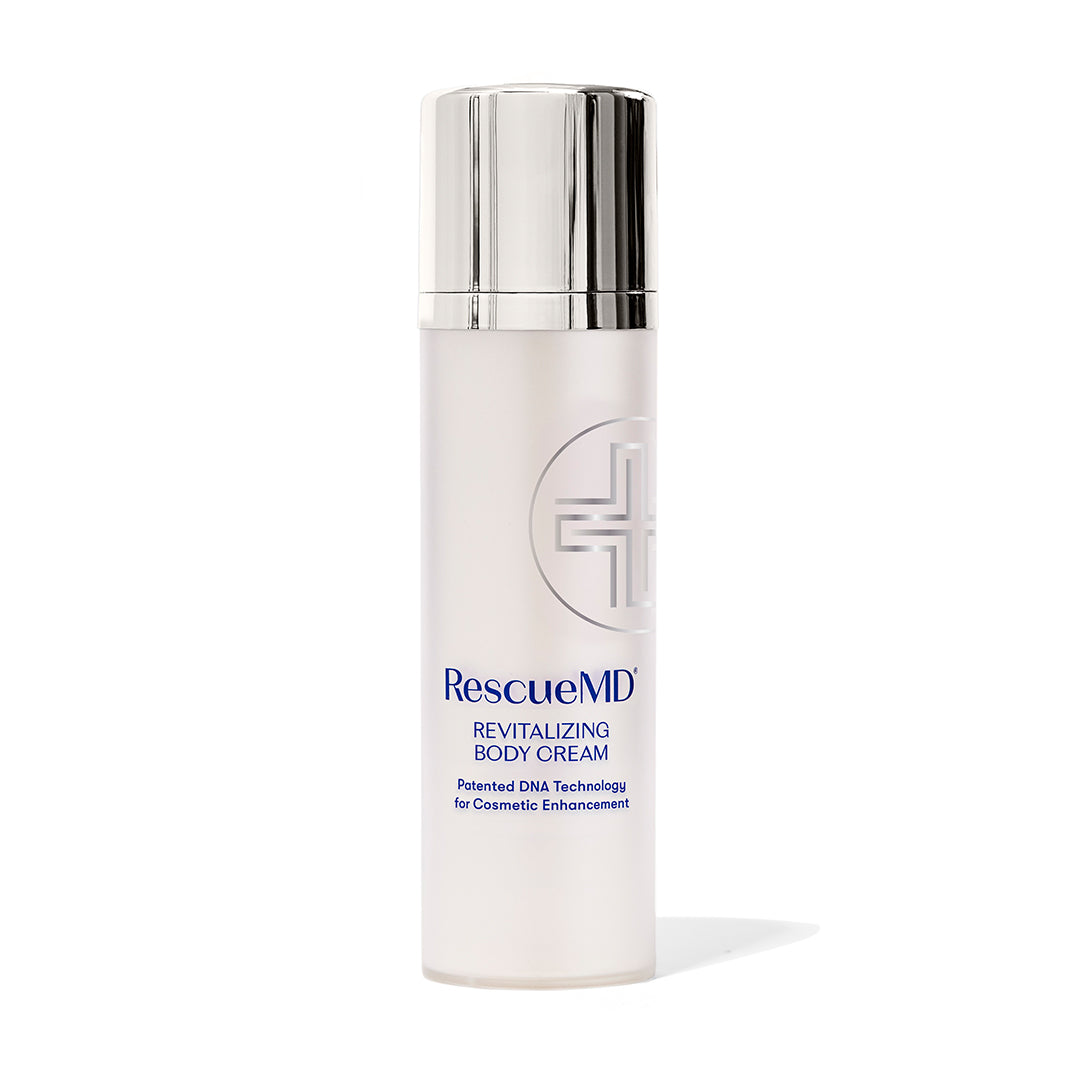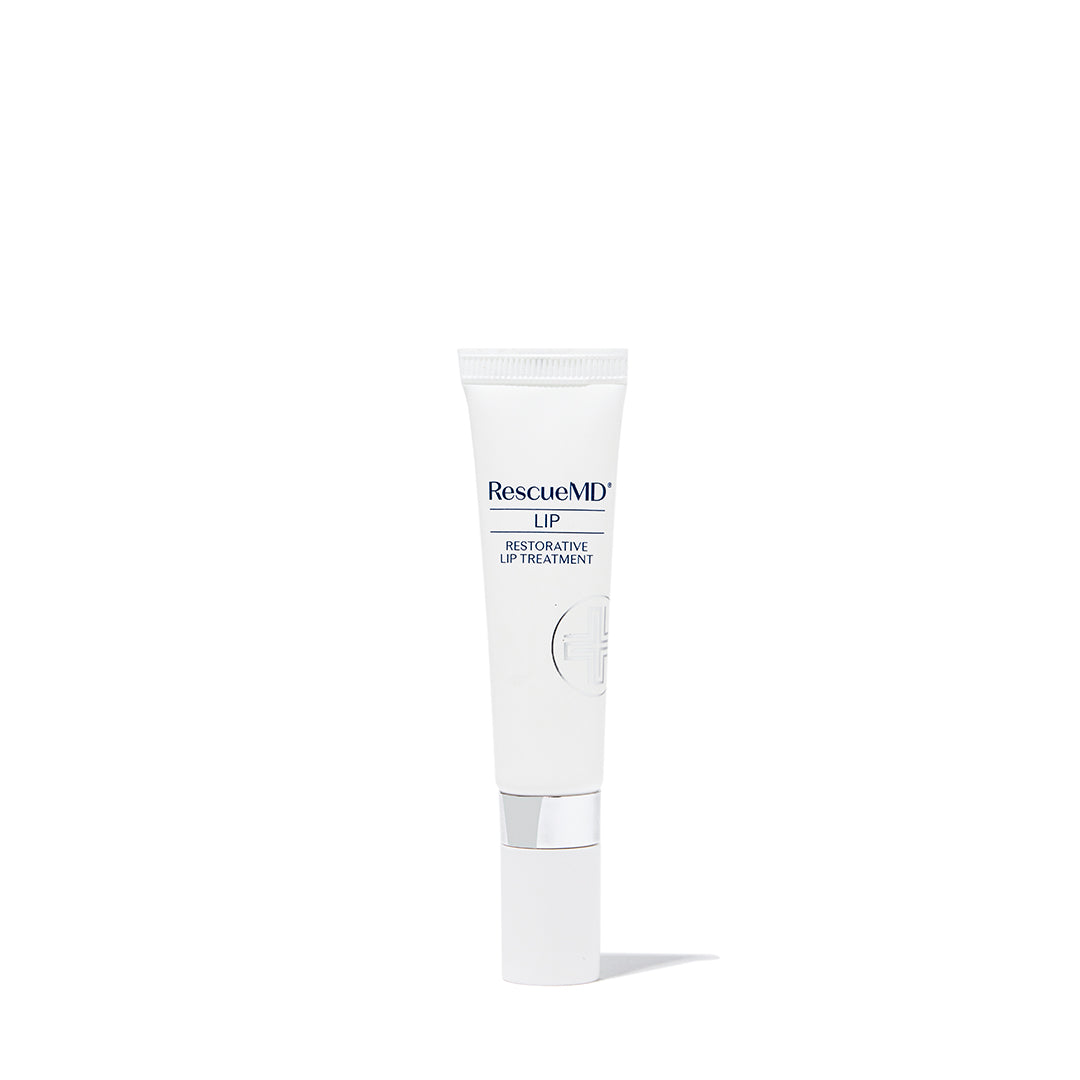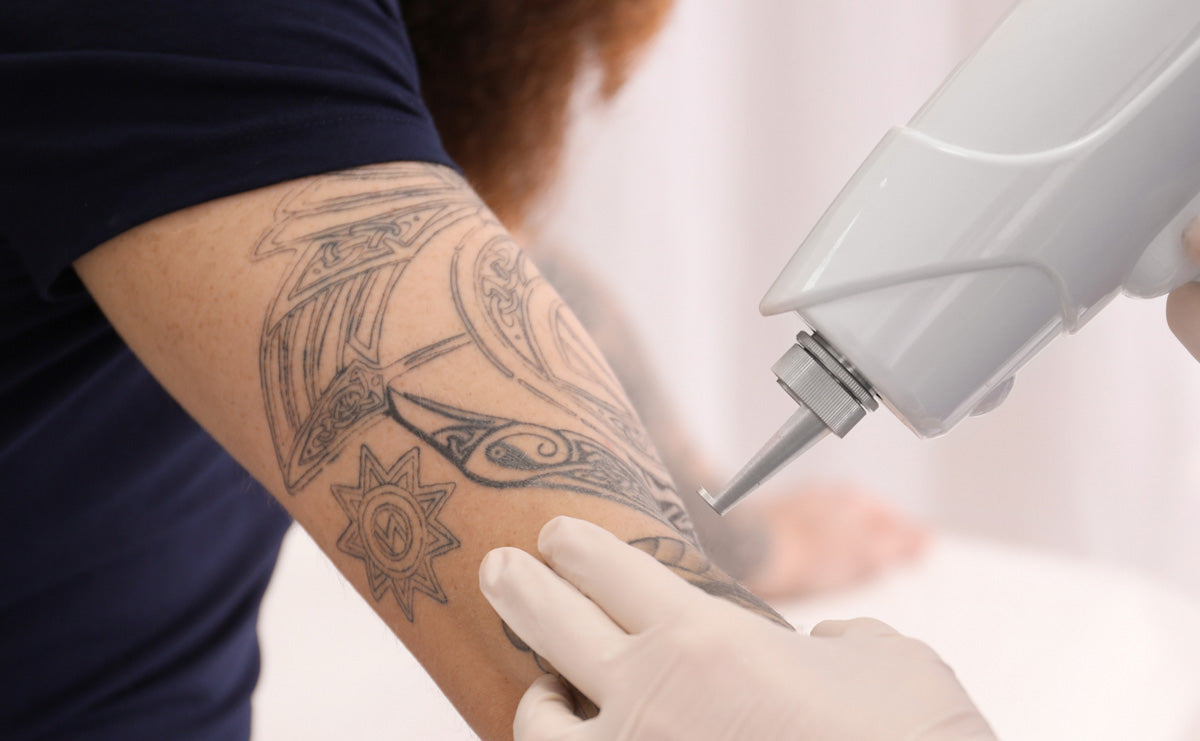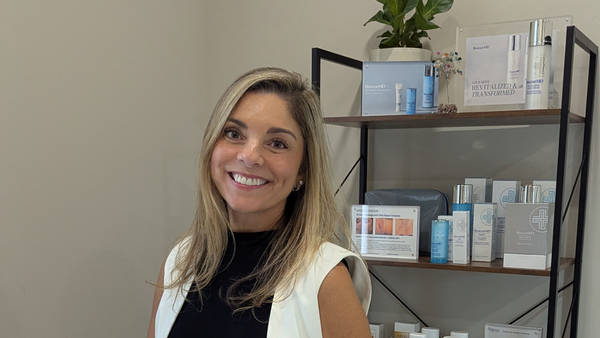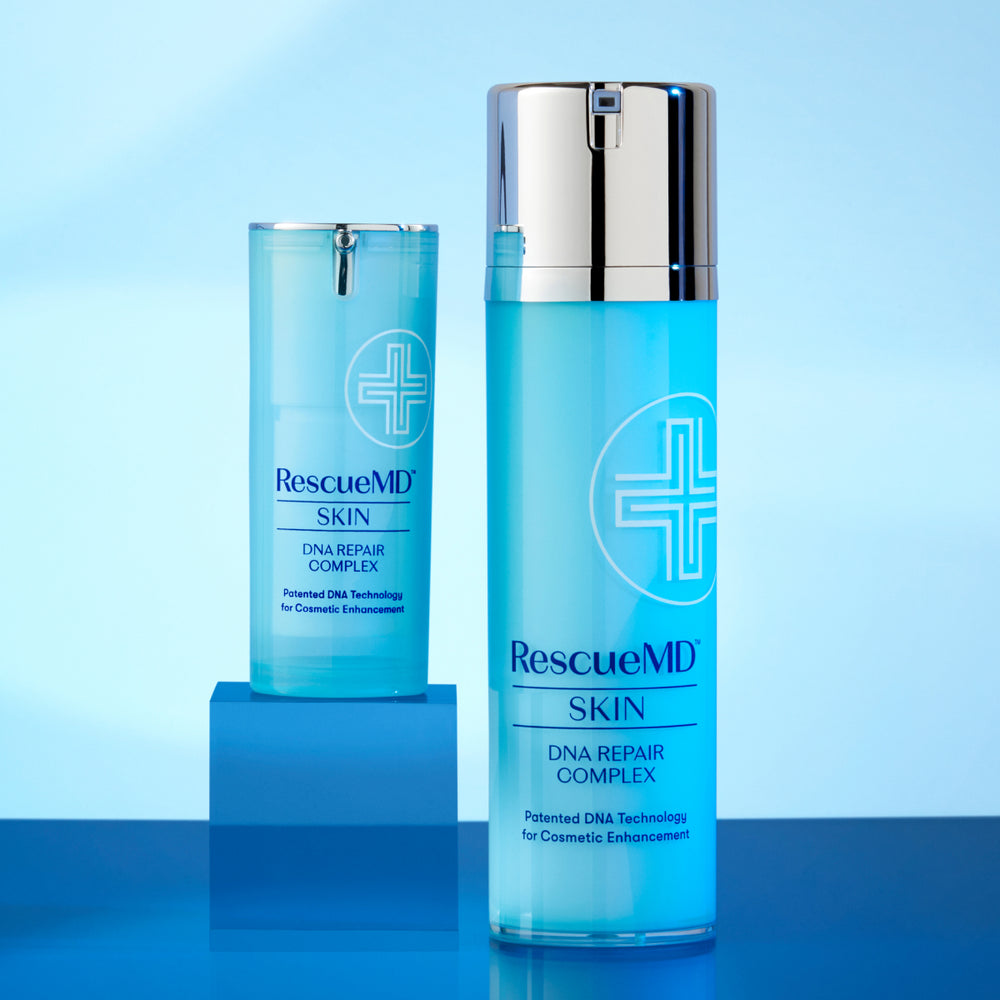We all make mistakes. Sometimes they’re harmless, like accidentally missing your video conference call date with your college BFFs. Other times, they’re a bit more complicated — like that tattoo that you spontaneously got on spring break 15 years ago.
You may have loved it for a few years, but now it’s become a burden that you’ve tried covering with makeup, jewelry, and clothing for over a decade. If you’re tired of figuring out ways to hide that old tattoo, good news: Advancements in medical aesthetics technology have made it possible to remove tattoos with lasers. Today, tattoo removal lasers can now zap away all different shades of dye on a wide range of skin tones, making it possible to remove all traces of any so-called “permanent” tattoo mistakes.
That said, if you’re considering laser tattoo removal, you likely already know that it can take a minimum of six to eight treatments to effectively erase that spring break memento, and those laser treatments aren’t cheap. To get the most bang for your tattoo removal buck, it’s essential to pay close attention to tattoo removal aftercare guidance from your practitioner. Following these guidelines will help your skin recover from the treatments, so each laser tattoo removal session is more effective than the last. Here, we outline three of the most important things to know about tattoo removal aftercare, so you can show off your beautiful (tattoo-free!) skin again.
Tattoo Removal Aftercare Tip #1: Keep The Area Moist and Protected
When performed by a qualified professional, laser tattoo removal should not cause scarring, but failing to adhere to tattoo removal aftercare protocols could increase your risk of leaving a scar behind. Remember, your practitioner is intentionally wounding the skin, destroying the tattoo’s dyes so your skin can repair itself, so it’s essential to give your skin the support it needs during this critical time.
While you should be sure to follow your provider’s recommendations for how to treat your skin after laser tattoo removal, most advise to slather the treated area with an over-the-counter antibiotic ointment several times daily and cover it with a bandage for the first three days after treatment. After this, you can remove the bandage. Just be sure to keep the area clean and dry, moisturizing as needed with a nourishing, hydrating formula that works to fight inflammation.
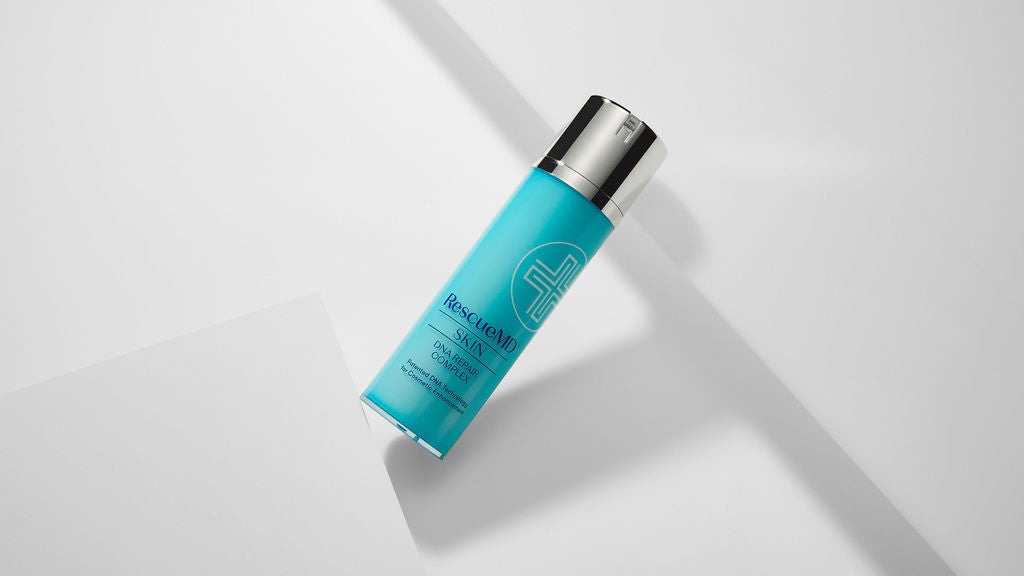
“[After laser tattoo removal,] the skin is injured and raw, and it needs to be supported,” explains Dr. Michael Suzman, board-certified plastic surgeon. If you’re wondering what cream you should use after laser tattoo removal, here’s what Dr. Suzman recommends to his patients: Apply a petrolatum-based product for the first 24 hours, then smooth a thin layer of RescueMD Skin DNA Repair Complex to the treated area four times a day. RescueMD Skin DNA Repair Complex is gentle enough to be used on sensitive, post-procedure skin, but also offers powerful antioxidant and anti-inflammatory benefits, soothing the area while defending it from environmental stressors. Its patented ingredient, lapachol, helps support and improve the natural regenerative properties of your skin’s DNA, helping your DNA recover faster and more effectively for healthier-looking skin. Learn more about how RescueMD Skin DNA Repair Complex works here.
Tattoo Removal Aftercare Tip #2: The Treated Area Will Look Different - Do Not Pick, Peel Or Pop It
After your laser tattoo removal session, your skin will be working hard to heal. One sign of this is red, tender skin immediately after treatment. With your provider’s approval, you can take an oral anti-inflammatory, like ibuprofen or acetaminophen, to reduce any swelling. Over the subsequent few days, you may also see crusting, scabbing, and blistering as your skin recovers. These side effects of tattoo removal are completely normal, so don’t worry — just leave these signs of healing alone.
We know how tempting it can be to pick at your skin, especially when it’s peeling or crusty. But if you pick at these tattoo removal blisters or scabs, you risk leaving a scar behind, causing an infection, or even causing permanent discoloration of your skin’s natural pigment. If your skin has developed blisters that are causing discomfort or inconvenience, let your practitioner know and follow their tattoo removal aftercare guidance.
Tattoo Removal Aftercare Tip #3: Sunscreen Is An Absolute Must

Sun exposure is one of the big, if not the biggest, sources of skin damage that we face on a daily basis. (It’s one of the reasons why we developed RescueMD Skin DNA Repair Complex — to help your skin fend off that free radical damage while promoting efficient DNA repair.)
Laser tattoo removal stimulates your body to create fresh, new skin as it destroys the tattoo pigment, and as we already mentioned, this new skin is incredibly vulnerable and delicate. In addition to keeping the treated area clean, hydrated, and protected with a bandage, you’ll also need to protect it from sun exposure and damage with SPF. Most experts recommend applying sunblock daily to the area that’s been treated with laser and maintaining this practice for three months after each session, ensuring you give your skin the best chance to heal after laser tattoo removal.


